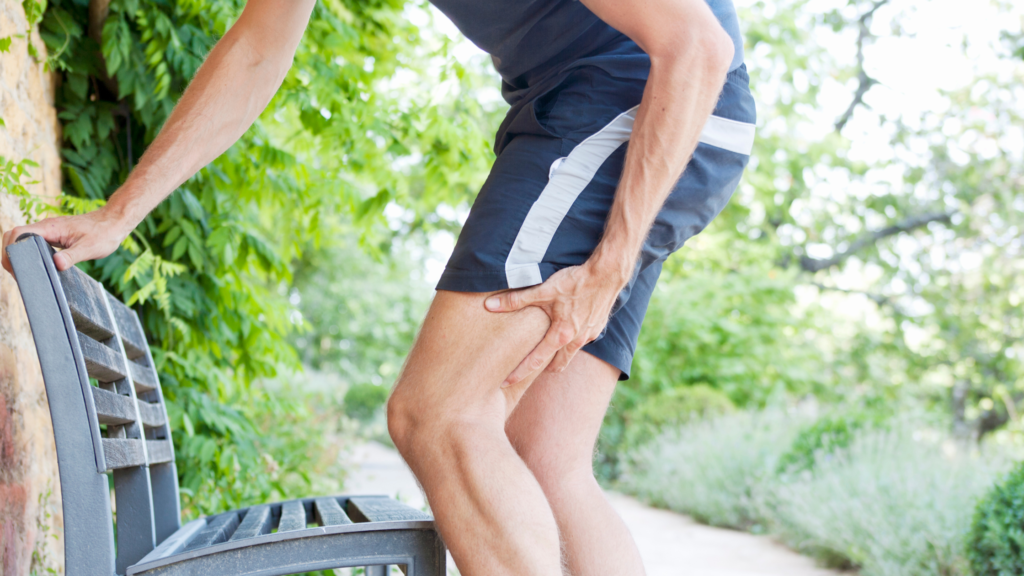Keeping these muscles loose is important. Tight hamstrings may be more prone to strain or tearing. There’s also a difference between tightness and injury. If you feel pain in your hamstring, it’s best to see a physio before attempting to treat your injury at home.
There are a number of exercises and stretches that you can do to help keep your hamstrings loose. It’s a good idea to warm up your muscles before stretching. Try taking a walk or doing some other activity so your muscles are warm.
Never stretch while you’re in pain or try to force a stretch.
The hamstrings are a group of muscles that run down the back of the leg. There are three hamstring muscles:
They support bodily movementsTrusted Source, including walking, running, and jumping. Tight hamstrings can affect all of these movements and limit mobility. They can feel stiff and less flexible. In some cases, tight hamstrings might occur with other symptoms, such as
cramping
pain
swelling
bruising
tenderness
Exercises that put substantial strain on the hamstrings can lead to tightness. For example, performing hamstring curl exercises or playing sports such as soccer will target the hamstring muscles.
The tightness will usually occur after starting a new exercise routine or suddenly increasing workout intensity. Some people experience tight hamstrings after long periods of sitting or inactivity. For example, sitting at a desk for several hours might lead to tightness.
In other cases, the tightness might be due to injury, possibly a recurring injury that makes the hamstrings more vulnerable to tightness. The tightness could also be a sign
of a sprain or strain.
Exercises & Stretches to loosen tight hamstrings
Stretches are one of the easiest ways to relieve tight hamstrings. They can be done almost anywhere and require little or no equipment.
When to see a physio
Make an appointment with your physio. Your hamstrings are often tight and painful. Pain that doesn’t go away may be a sign of injury.
Other symptoms that may signal an injury are:
sudden, sharp pain
popping or tearing sensation
swelling or tenderness
bruising or discoloration
muscle weakness
You may be able to treat a mild strain at home using RICE (rest, ice, compression, and elevation) and over-the-counter (OTC) pain relievers.
If you can’t take more than four steps without feeling tremendous pain, make an appointment to see your physio. Severe strains may involve a complete tearing of the muscle. Some may even require surgery.
Takeaway
Don’t let tight hamstrings slow you down. With a little tender loving care and some regular stretching, you can keep your muscles loose and ready for action.
Try to incorporate different stretches into your routine about three times each week. Ease into stretches gently.
If you feel pain or have other concerns, don’t hesitate to make an appointment at Don Kelly Physiotherapy and Acupuncture Clinic.
We are confident with our treatment plan and that anyone who walks through our door will be provided with the top and excellent patient care.
TREATMENT FOR HAMSTRING INJURY
My treatment plan is the result of my experience and knowledge in treating chronic pains and injuries over the last 20 years. This is the holistic plan to guarantee pain relief, prevent recurring pains, and faster recovery.
EVALUATION/ASSESSMENT
PHYSIOTHERAPY PLAN BASED ON MY ASSESSMENT
HOMECARE EXERCISE/PLAN
ACUPUNCTURE
EXERCISE PROGRAMME
DRY CUPPING/DRY NEEDLING
MASSAGE


